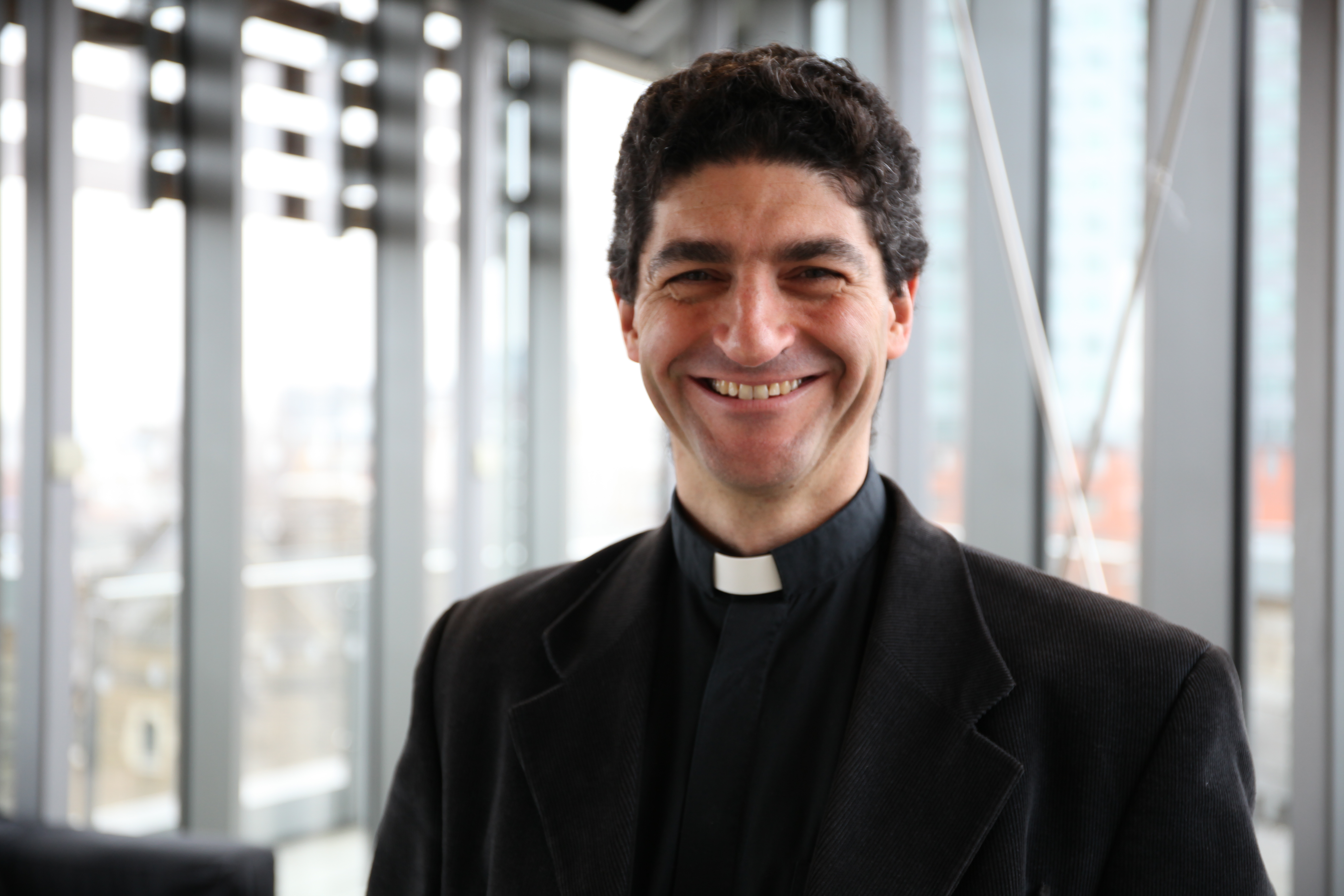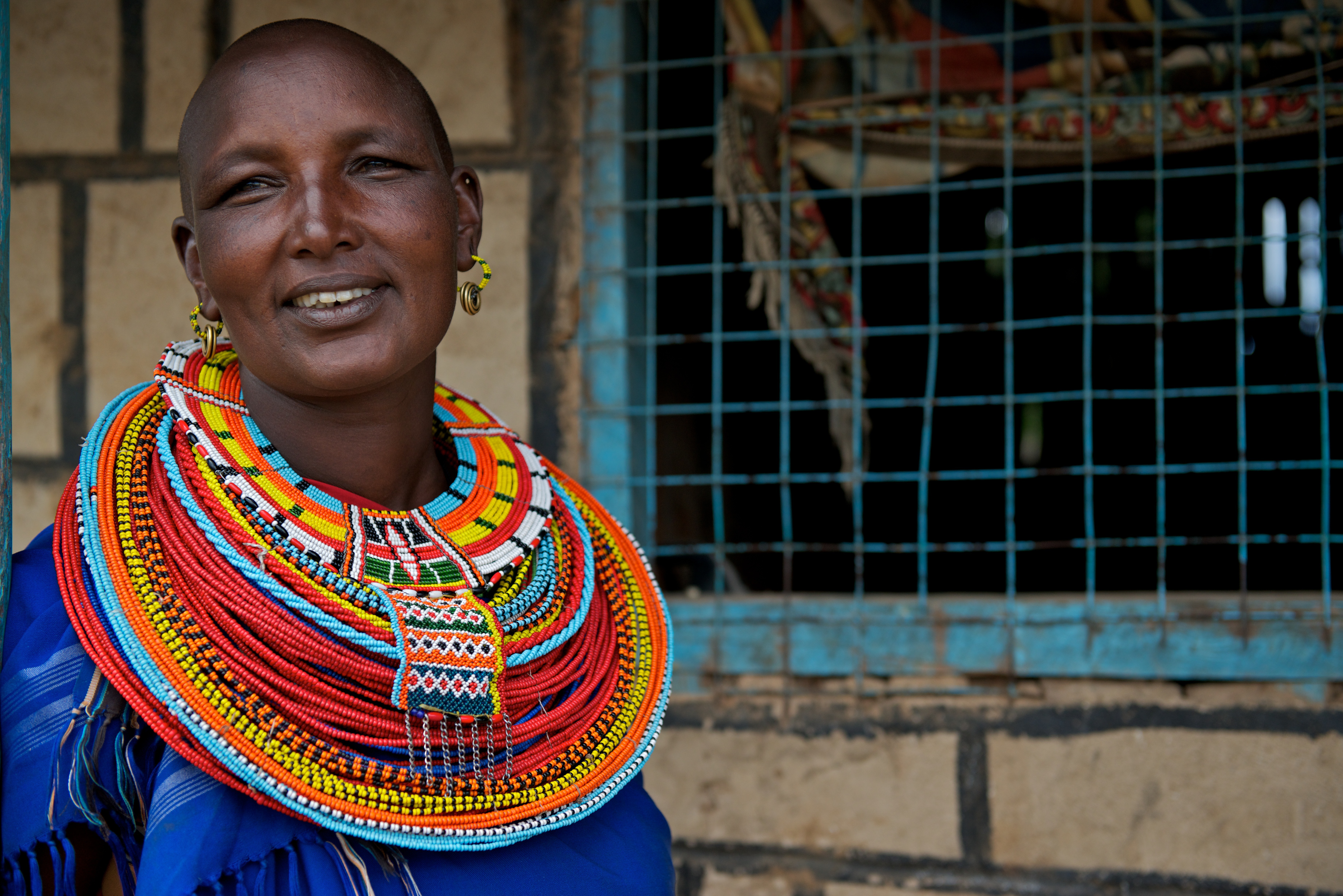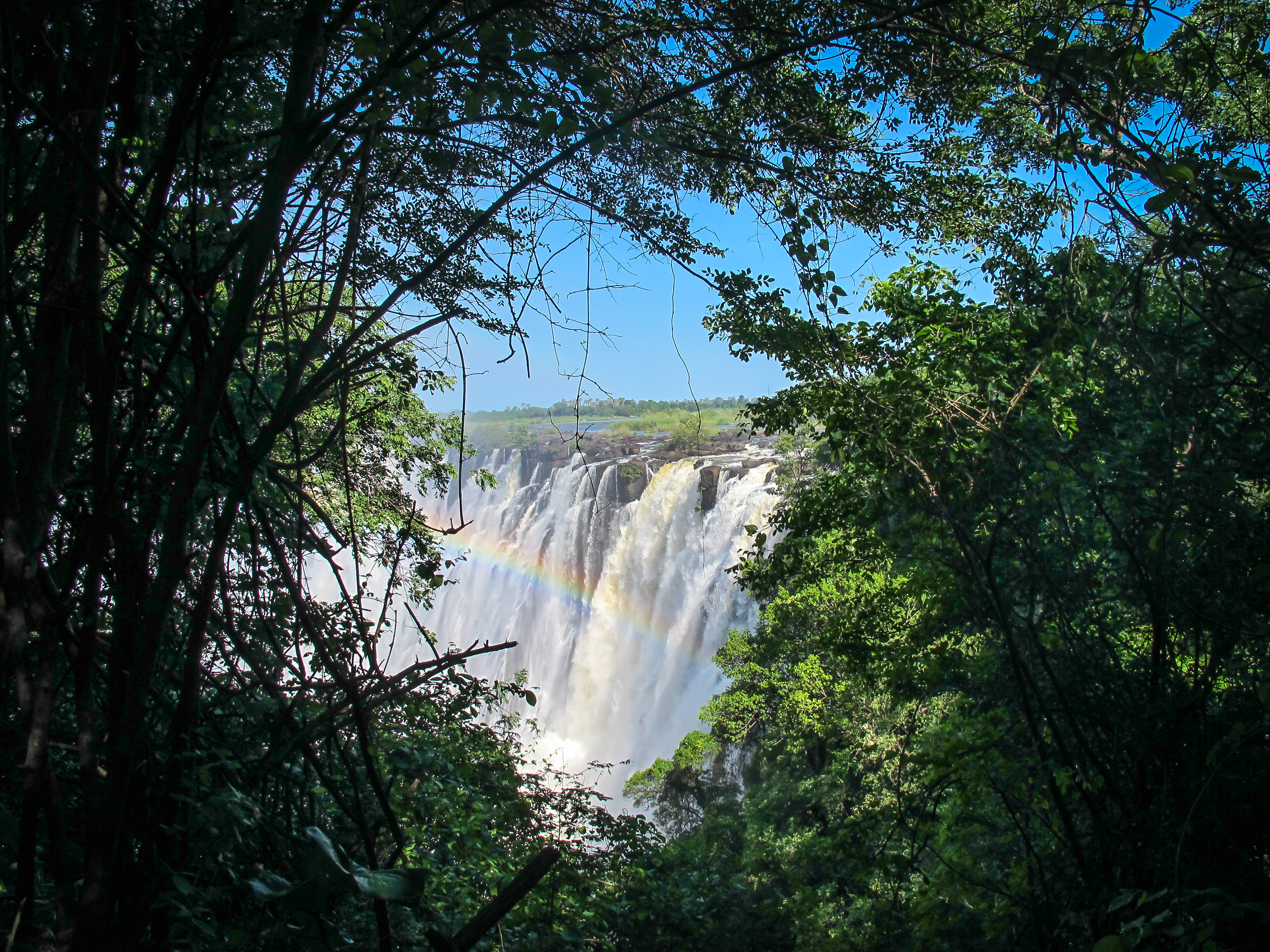Laudato Si’: catholic with a small ‘c’
This blog is written by Father Augusto Zampini-Davies, Theological Adviser to CAFOD. He reflects on how Pope Francis’ encyclical, Laudato Si’, is a truly universal message.

Pope Francis’ new encyclical letter, Laudato Si’ (Praised be), is a truly inspiring and catholic document. It is catholic, with a small ‘c’, in the sense that it is universal and all-embracing.
First, it is catholic because it tackles a global problem, one which affects every single inhabitant of the planet: climate change. Due to the harm we have inflicted on our ‘sister-mother’ earth by the “irresponsible use and abuse of the goods with which God has endowed her,” she is crying out for help. But this cry echoes the cry of poor communities and of the earth. The present economic consumerist culture not only damages the earth, but also affects the quality of life of the most vulnerable communities.
Many of our sisters and brothers live in rural areas, as witnessed by CAFOD partners overseas, and they often cannot cultivate their land and need to migrate. Others cannot drink water or breathe fresh air due to the contamination and pollution produced by industrial activity. Many in huge cities live in unhealthy conditions, “while contact with nature is limited, except for areas reserved for a privileged few.” The Pope’s appeal, therefore, is to face these injustices in common, as a human family who dialogues and cares for her common home.
Download our Laudato Si’ reflection
One human family

The fact that the encyclical is addressed to all, as one universal family, is the second sign of a truly catholic document. Pope Francis reminds us that every person, with his or her own talents, can contribute to redress the globalisation of indifference and promote universal solidarity.
However, those in positions of power have more responsibility than vulnerable communities, as do rich countries in comparison with poorer ones. This is a strong message to those who, this year at the United Nations, will negotiate the fate of our planet. In a direct appeal to political and economic leaders, Francis asks them how they would like to be remembered: as people who were unable to take action when it was urgent and necessary to do so? Or as people who generously shouldered their grave responsibilities, and facilitated deep structural changes that permitted a substantial improvement in the way human beings respect each other and the planet?
Sign our climate change petition
Similarly, Francis’ encyclical challenges us as ordinary individuals and communities to reflect on our way of life, and consider how it is affecting sister earth and our neighbours. Francis’ petition aims at helping us to find the joy and peace that comes from living in good relationships with each other, with all creation, and with the Creator. This is part of what he calls ‘civic and political love’.
Love, for Christians, is not restricted to intimate or familial love. The biblical tradition calls us to love all people, including our enemies. And the Church’s social tradition calls us to participate in the society which we inhabit, by promoting the common good and tackling the structures that foment injustices. Just as we are responsible for the gifts of nature as inhabitants of the earth, so are we for the gifts of social relationships as citizens. This requires change, or a comprehensive ecological conversion. But where would we find the strength to change our personal, social and ecological behaviour? Why should I give up a lifestyle that suits me for the sake of future generations, for wildlife in danger of extinction, or for people living far away in Bangladesh?
Renewing our relationship with the earth
Here is the third remarkable catholic element of the encyclical. It delves deep into the motivational aspects that can change the world. Acknowledging that climate change is one of the biggest threats to humanity does not guarantee a change in our lifestyles, or a change in our political-economic system. Cultural riches of different peoples, their art and poetry, and their interior life and spirituality are crucial. Unashamedly, therefore, Pope Francis talks about the contribution our biblical narratives can bring to the universal ecological change the world requires in order to repair the damage we have inflicted on the earth and society.

The Gospel of creation says a lot about the relationships of human beings with the world. These stories remind us how capable we are of distorting our bonds with God, with our neighbours, and with the earth itself. Belittling our unique human dignity, ignoring the goodness of each creature and its meaning, convincing ourselves we have to be dominant masters rather than humble servants in all our relationships, is a path to self-destruction.
But the emphasis of Pope Francis’ encyclical is not so much on the apocalyptic collapse of the universe, but rather on the joy of the always-possible ‘Jubilee’, a time when we are called to stop rushing and rest, a time to contemplate the beauty of creation and heal relationships by pardoning our debtors. Mind you, while poor countries may owe money, the ecological debt is on the side of rich countries, on our side! It’s time to build a dialogue between all kind of debtors and creditors, and together, as brothers and sisters, discover a new way of organising our common home.